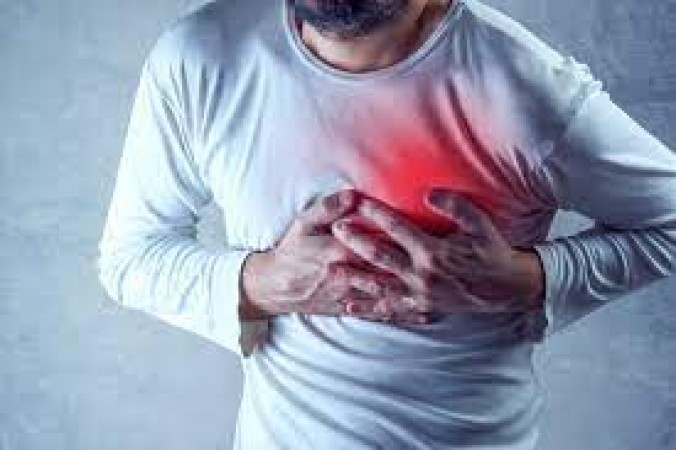
The significance of breakfast and dinner in one's daily routine cannot be overstated. Breakfast provides the energy needed for the day, while dinner aids in the body's recovery. According to experts, having breakfast and dinner at specific times is crucial, and deviation from these timings may increase the risk of stroke. Recent research involving a review of data spanning seven years from over 100,000 individuals has shed light on the potential benefits of timely breakfast and dinner. The study, published in the Nature Communications journal, analyzed over 2,000 cases related to heart attacks, strokes, and other cardiovascular diseases.
1. Significance of Breakfast and Dinner:
The significance of breakfast and dinner in one's daily routine cannot be overstated. Breakfast, often referred to as the most important meal of the day, serves as the fuel that kickstarts one's metabolism and provides the necessary energy to tackle daily activities. On the other hand, dinner plays a crucial role in the body's recovery and repair processes during sleep. This section delves into the nutritional and metabolic aspects of breakfast and dinner, explaining their impact on overall health.
2. Timely Meals and Stroke Risk:
Experts emphasize the importance of having meals at specific times, and the article highlights the potential consequences of deviating from these timings, specifically in relation to the increased risk of stroke. It delves into the circadian rhythm and how meal timing aligns with the body's natural processes. The research findings on the correlation between delayed breakfast and heightened stroke risk are explored, shedding light on the physiological reasons behind this association.
3. Research Insights on Cardiovascular Diseases:
The article delves into the comprehensive research involving the review of data from over 100,000 individuals spanning seven years. It outlines the methodology, key findings, and statistical analysis related to heart attacks, strokes, and other cardiovascular diseases. This section elucidates the research's scope, significance, and the credibility of the data, emphasizing the importance of evidence-based conclusions.
4. Meal Frequency vs. Meal Timing:
While meal frequency has been a topic of discussion in nutritional studies, this section clarifies that the research did not find a significant correlation between the number of meals and cardiovascular risk. Instead, it underscores the importance of meal timing, providing insights into how the timing of meals throughout the day can impact the body's metabolic processes and cardiovascular health.
5. Importance of Dinner Timing:
The article explores the findings related to dinner timing, emphasizing the potential risks associated with having dinner after 9 PM. It explains how late-night meals can affect digestion, leading to elevated blood sugar and blood pressure levels. The section also discusses the implications of increased blood pressure during the evening and its connection to cardiovascular health.
6. Gender Disparities in Risk:
Addressing the gender-specific aspects of the research, this section delves into why women may be more vulnerable to the risks associated with meal timing. It considers hormonal factors, lifestyle differences, and the prevalence of cardiovascular diseases in women. Additionally, it explores how men may be less affected by delayed breakfast but may face other risks related to meal timing.
7. Meal Timing and Coronary Heart Disease:
Focusing on the specific risks for coronary heart disease, the article discusses how delaying breakfast may increase the risk for men. It provides insights into the mechanisms behind this association, considering factors such as cholesterol levels, blood pressure, and overall heart health.
8. Fasting Benefits During the Night:
The section on fasting explores the potential benefits of extended periods of fasting during the night. It delves into the research findings that suggest each additional fasting hour is linked to a decreased risk of stroke. The physiological processes involved in fasting and its impact on cardiovascular health are explained in detail.
9. Practical Strategies for Better Meal Timing:
To conclude, the article offers practical strategies for individuals to improve their meal timing and reduce the risk of cardiovascular diseases. It provides actionable tips for establishing healthier eating habits, emphasizing the importance of consistency and adherence to recommended meal timings.
What's Behind the JN.1 Sub-Variant Spiking COVID Cases in India?
These Senior Leaders Get invitations to Ram temple consecration
Knowing About the Top 10 Health Benefits of Olive Oil for a Vibrant Lifestyle